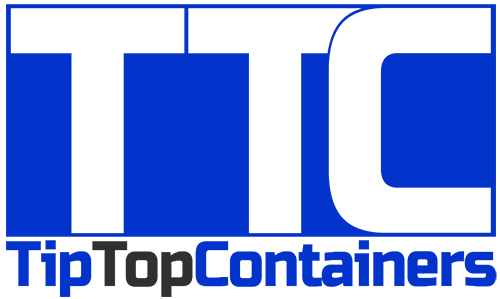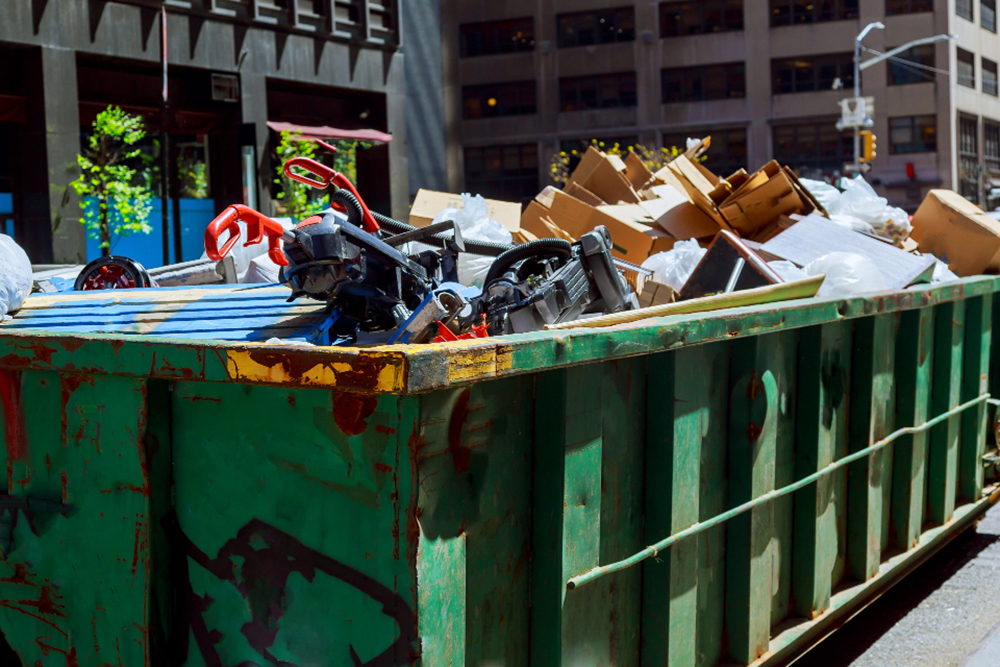


In today’s world, waste management is becoming an increasingly important issue. With the growing population and industrialization, proper waste management is necessary for the environment and human health. A waste management plan is an essential tool for businesses to manage their waste properly, reduce waste production, and minimize environmental impacts. In this blog post, we will provide you with tips for writing an effective waste management plan.
The first step in creating a waste management plan is to identify the types and sources of waste produced by your business. You should analyze the waste stream to determine the amount of waste generated, the composition of waste, and the potential environmental impacts. This analysis helps you to develop strategies for waste prevention, recycling, and proper disposal.
The next step is to set goals and objectives for your waste management plan. These goals should be specific, measurable, achievable, relevant, and time-bound. For example, you could set a goal to reduce the amount of waste sent to the landfill by 50% within the next two years. Setting goals helps you to stay focused on waste reduction and track your progress over time.
Once you have identified the types and sources of waste and set goals for waste reduction, the next step is to develop strategies for waste prevention, recycling, and disposal. Waste prevention strategies focus on reducing waste at the source. Examples of waste prevention strategies include purchasing products with minimal packaging, implementing a paperless office system, and reducing food waste. Recycling strategies focus on diverting waste from the landfill by recycling materials such as paper, plastic, metal, and glass. Proper disposal strategies focus on disposing of waste that cannot be prevented or recycled in an environmentally responsible manner.
One of the most important aspects of waste management is communication and training. It is essential to communicate your waste management plan to employees, stakeholders, and customers to increase awareness of waste reduction strategies and encourage participation. Training employees to properly sort waste and the importance of waste management will help to achieve the goals set. You can use signage, newsletters, emails, and social media to communicate your waste management plan.
The final step is to monitor and evaluate your waste management plan regularly. This involves measuring progress against the goals set, identifying any gaps or areas for improvement, and making necessary adjustments. Regular monitoring and evaluation allow you to identify successful strategies and make improvements to meet your waste reduction goals.
In conclusion, waste management is an essential aspect of sustainable business practices. Writing an effective waste management plan can help your business to reduce waste, save resources, and minimize environmental impacts. By following the tips provided in this blog post, you can create a waste management plan that is tailored to your business needs and goals. Remember, waste management is an ongoing process. Regular monitoring and evaluation can help you to continuously improve your waste reduction efforts and achieve your goals over time. If you're looking for a roll off dumpster rental in Orlando, FL, contact Tip Top Containers today to request a quote.